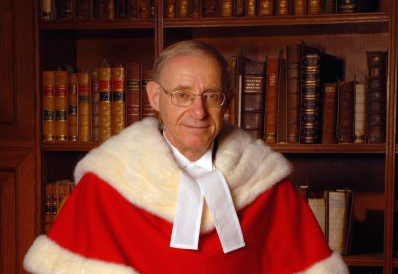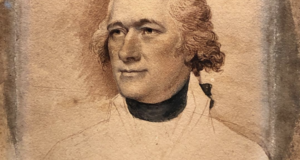I recently learned that, back in October, recently-retired Justice Marshall Rothstein gave a speech at the University of Saskatchewan, in which he criticized the “living tree” doctrine, which holds that the meaning of the Constitution may evolve over time – in most cases, beyond what the text can reasonably bear. The original living tree metaphor comes from the Privy Council’s decision in Edwards v. Canada (Attorney General). Justice Rothstein was candid that he had never read Edwards until after stepping down from the bench and noted that ordinary principles of statutory interpretation did the heavy lifting in that case – a point that I have articulated in some depth. Justice Rothstein argued that the rule of law must mean a limit on judicial discretion. Judges must exercise restraint, especially in interpreting the Charter, since an activist posture guided by the living tree doctrine can seriously undermine the principles of democracy and the rule of law.
Justice Rothstein’s remarks are certainly welcome, even if they do come post-retirement. During his time on the Court, he repeatedly emphasized the centrality and primacy of the constitutional text, often in powerful dissents. Justice Rothstein will perhaps be most remembered for his dissents in the freedom of association/labour cases, but his best dissent was arguably Trial Lawyers Association of British Columbia v. British Columbia (Attorney General), which I previously critiqued. In that case, the majority found that section 96 of the Constitution Act, 1867, which simply empowers the Governor General to appoint judges to certain courts, somehow includes an individual right of access to justice. Justice Rothstein memorably argued that the majority’s construction “subverts the structure of the Constitution and jeopardizes the primacy of the written text.”
Justice Rothstein brought to the Court his wonderful writing style, brilliant legal mind and, above all, his principled textualist approach to statutory and constitutional interpretation. For these and other reasons, his absence will be sorely missed.
***UPDATE***
Justice Rothstein’s full address can now be accessed here.
 Advocates for the Rule of Law
Advocates for the Rule of Law



